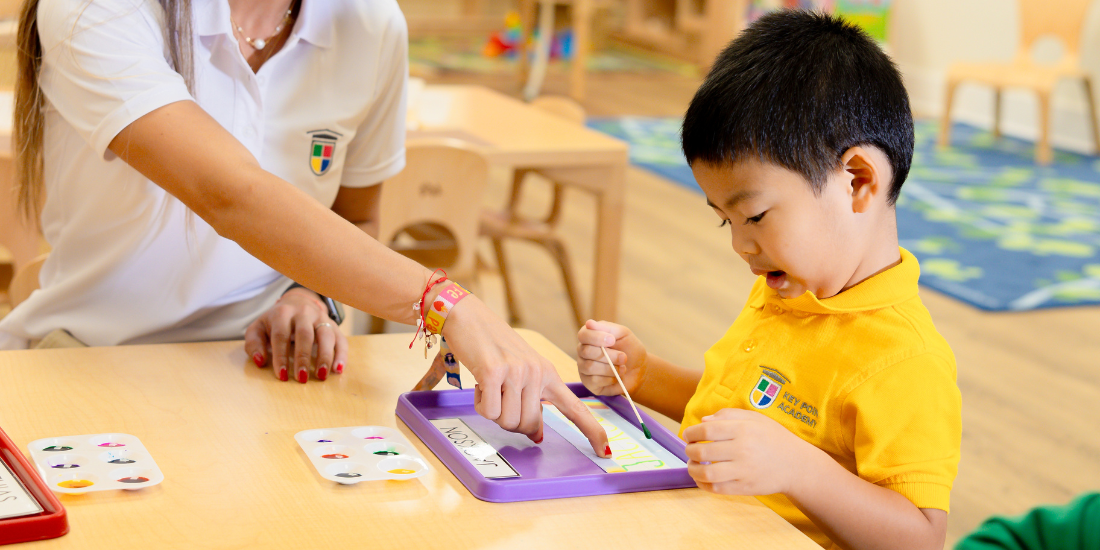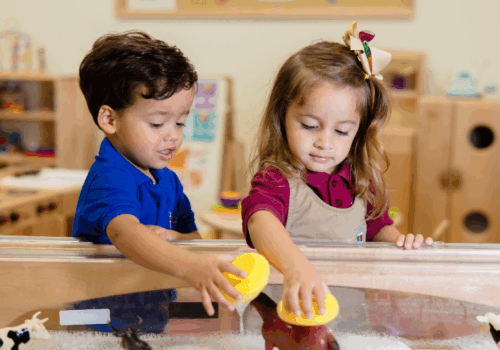Summer camps have long been a cherished tradition for many families, providing children with the…

Encouraging Problem-Solving Skills in Your Young Learner Through Everyday Activities
Equipping children with problem-solving skills is essential. These skills not only enhance their ability to tackle challenges but also foster creativity and critical thinking. As parents and guardians, integrating problem-solving into everyday activities for toddlers can be both fun and educational, setting a strong foundation for future learning and development. Here are some ideas.
Everyday Household Challenges
Household tasks present numerous opportunities for young learners to engage in problem-solving. Simple activities like sorting laundry by color or size can teach children vital analytical skills. According to research conducted by the University of California, Berkeley, a 3-year-old’s brain is twice as active as an adult brain, so these everyday challenges tap into that heightened neural energy and keep cognitive pathways firing. When they help in cooking, measuring ingredients provides practical experience with math concepts and sequencing.
Outdoor Exploration and Discovery
Outdoor play is another wonderful way to encourage problem-solving abilities. Nature’s environment challenges children to explore, ask questions, and make decisions on the fly. For instance, building a simple structure with sticks or leaves requires planning and teamwork. Through these experiences, children learn to assess available materials and figure out effective solutions, enhancing their capacity to think on their feet and work collaboratively. Whether they are navigating a small obstacle course or identifying interesting patterns in nature, these outdoor activities promote observation and experimentation in a natural setting.
Engaging Games and Puzzles
Games and puzzles are particularly effective in promoting logical thinking and perseverance. Board games that require strategy force children to predict outcomes and consider multiple options. Similarly, jigsaw puzzles teach them how to visualize the bigger picture while focusing on individual pieces. The joy of finding the right fit develops their patience and persistence, key elements in effective problem-solving.
Harnessing Creativity Through Technology
In addition to physical activities and traditional games, integrating age-appropriate technology can further boost a child’s problem-solving capabilities. Interactive apps and educational games designed for young learners combine fun with learning, encouraging children to solve puzzles and complete challenges on digital platforms. These tools often provide immediate feedback, which helps kids understand mistakes and try alternative approaches in real-time.
Fostering problem-solving skills in children doesn’t require elaborate setups or expensive tools. These activities for toddlers allow them to build practical skills that will serve them throughout their lives. If you’re interested in enrolling your child in Key Point Academy Doral, get in touch with our staff!



